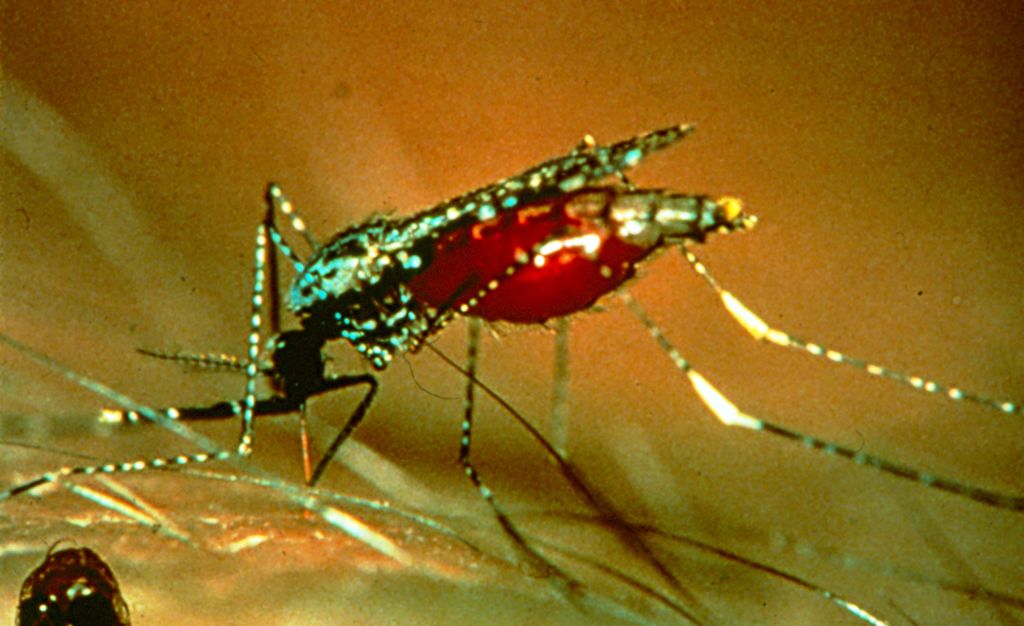The World Health Organization (WHO) just declared monkeypox an international public health emergency.
Keep in mind that this is the second time in the last two years that WHO has done so. However, it’s the first time Africa’s Centres for Disease Control and Prevention has declared it a public health emergency of continental concern—which occurred on Tuesday.
Videos by VICE
The announcements come just after an outbreak in the Democratic Republic of Congo, which has spread to neighboring countries like Burundi, Kenya, Rwanda, and Uganda. Officials are more concerned because of a new, more easily spreadable variant called clade Ib, which can pass through close contact.
Thankfully, most cases of monkeypox are pretty mild, though the virus can be fatal in some instances. Specifically in Africa, 517 deaths have been reported this year—a 160% increase from last year, according to Africa’s CDC.
When an outbreak went around the US in 2022, VICE explained its history:
Monkeypox is an infectious disease from the same family as smallpox, which existed as one of the biggest threats to humanity for hundreds of years and killed 300 million people in the 20th century alone. Smallpox was officially eradicated in 1980, following a global vaccination and case-tracking campaign.
The first human case of monkeypox, which is markedly less lethal than smallpox, occurred in the Democratic Republic of the Congo (DRC) in 1970. Though the disease is endemic in countries in west and central Africa—there were more than 1,200 cases and 57 deaths in the DRC in the first four months of 2022, according to the World Health Organization—outbreaks outside of that region are extremely rare. There were two separate cases in the U.S. last year among people who’d both traveled to Nigeria, but no one else was infected.
The first and only sustained outbreak in the U.S., prior to this one, happened in 2003 and was linked to an import of African rodents from Ghana to Texas. Dozens of people were infected, mostly in the Midwest. But although two children had “serious clinical illness,” according to the CDC, no one died.
The main signs of a monkeypox infection include flu-like symptoms and a rash of blisters, which can be itchy and painful. These symptoms can last up to a month.
However, despite WHO’s grave terminology, virtually no one on X is taking this alert seriously, with many people conspiracy-theorizing about its alleged convenient timing. “Just in time for the election huh?” one person wrote. Another added, “I’ve never been less worried about something in my life.”
But in case you are anxious, here are some facts: WHO’s decision to deem the virus a “public health emergency of international concern” is done strategically. This primarily calls for accelerated research and funding to properly understand the disease, as well as encourages public health measures and cooperation to contain it.
“It’s clear that a coordinated international response is essential to stop these outbreaks and save lives,” said WHO Director-General Tedros Adhanom Ghebreyesus.
So, no, this doesn’t mean we’ll be going into lockdown like we did with COVID-19—at least not as it stands.
More
From VICE
-

-

Fort Dodge Correctional Facility -

Photo by Universal History Archive/Shutterstock. -

